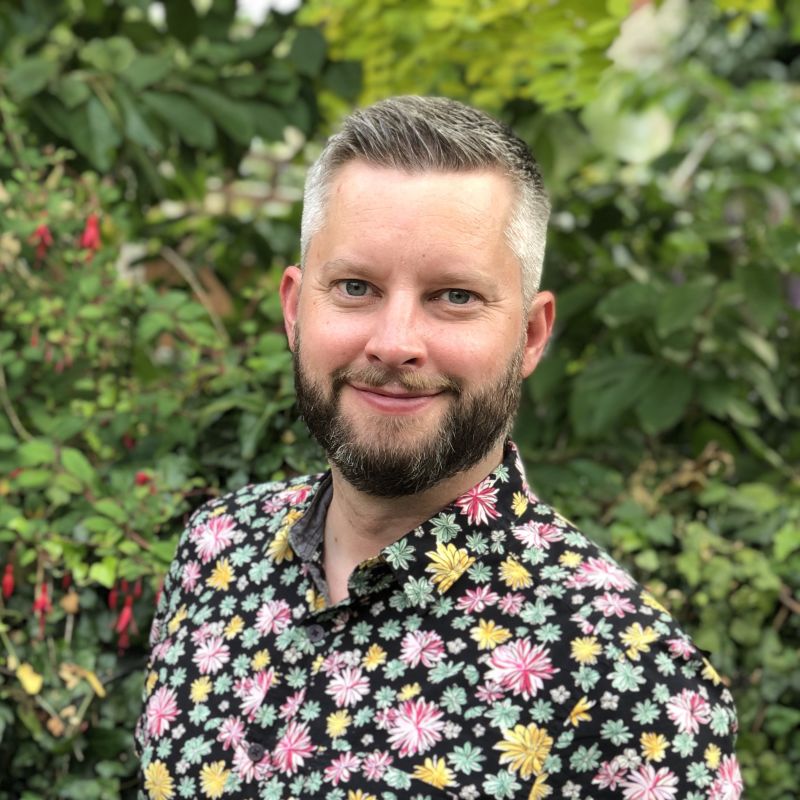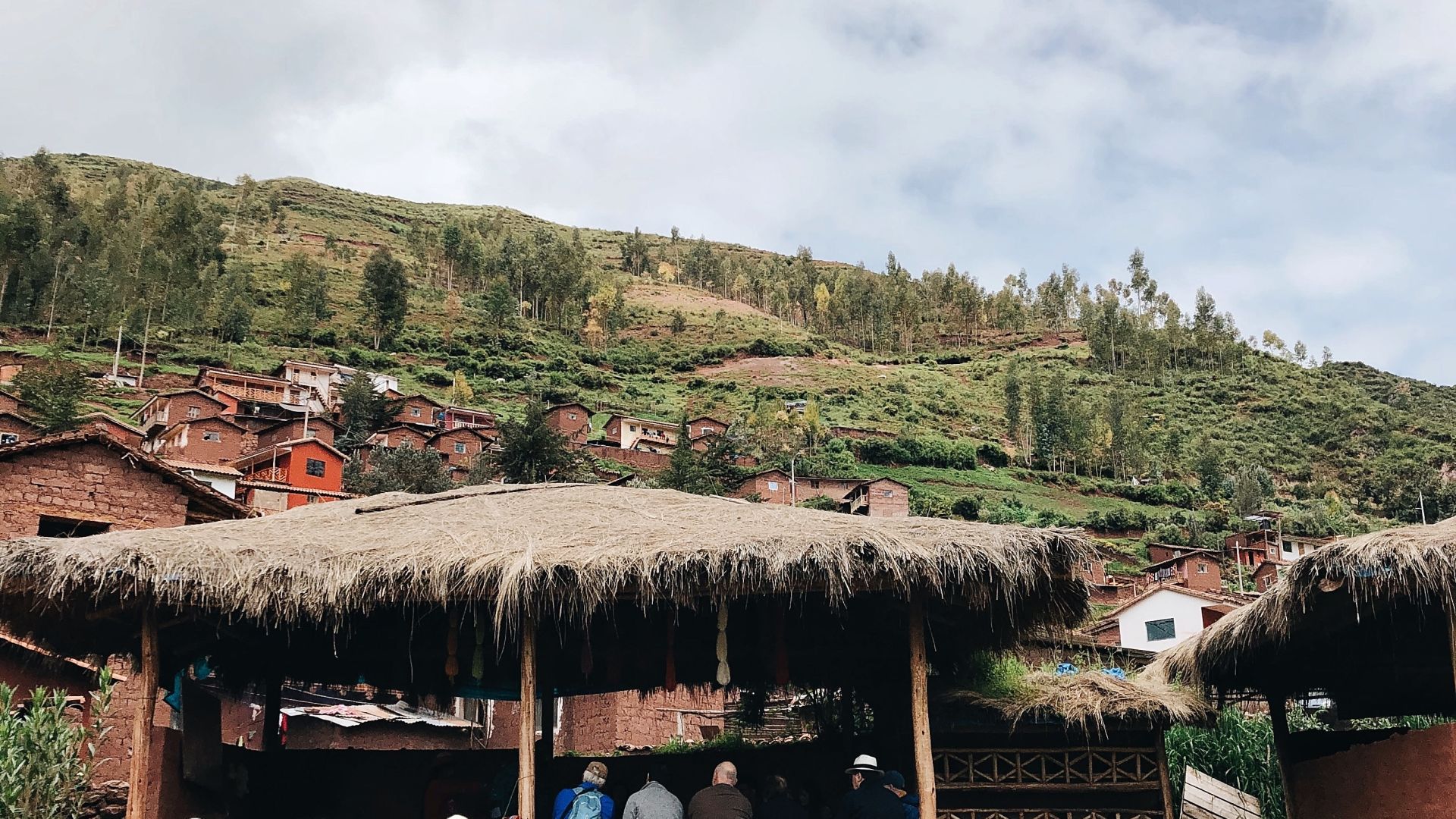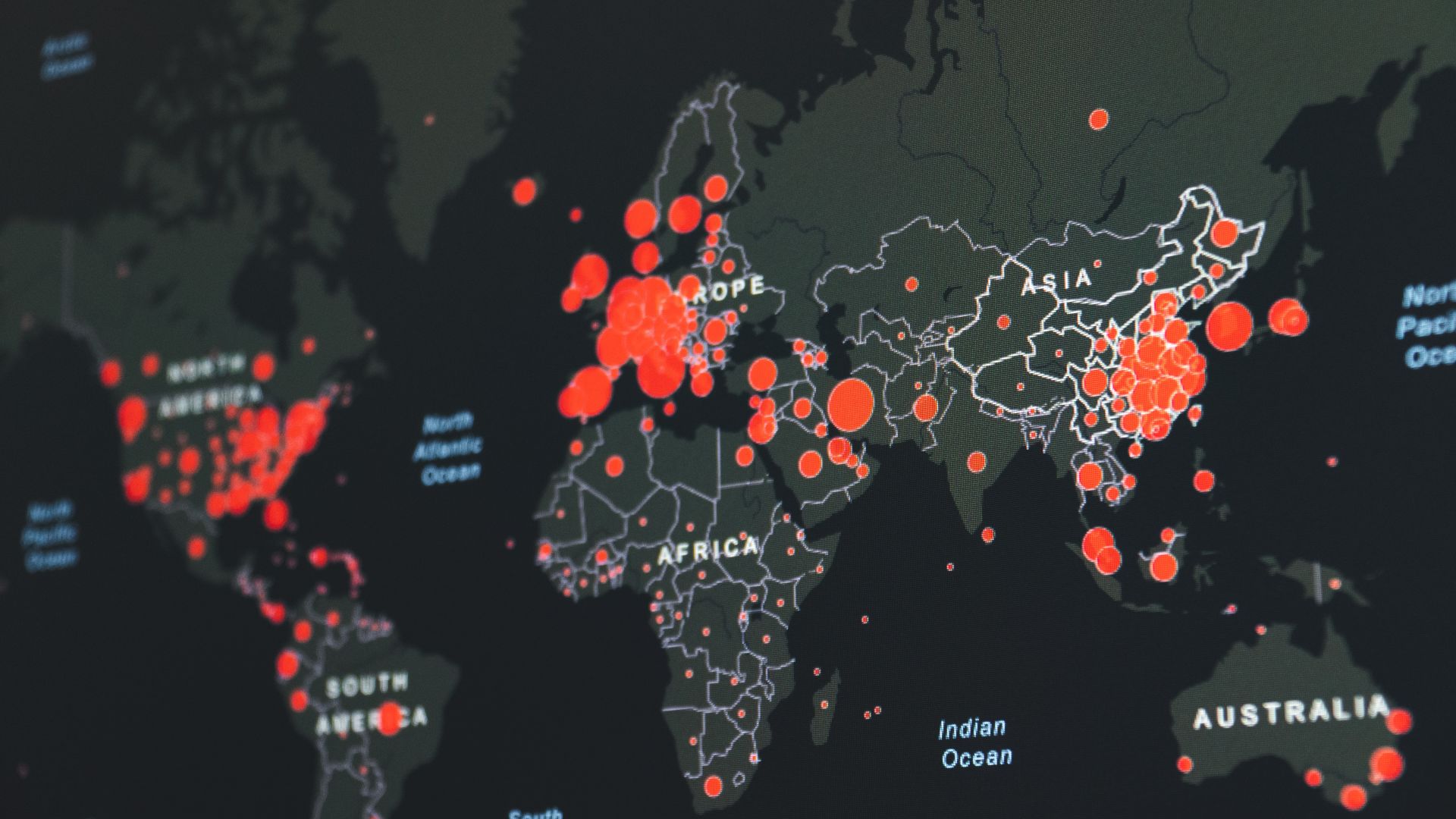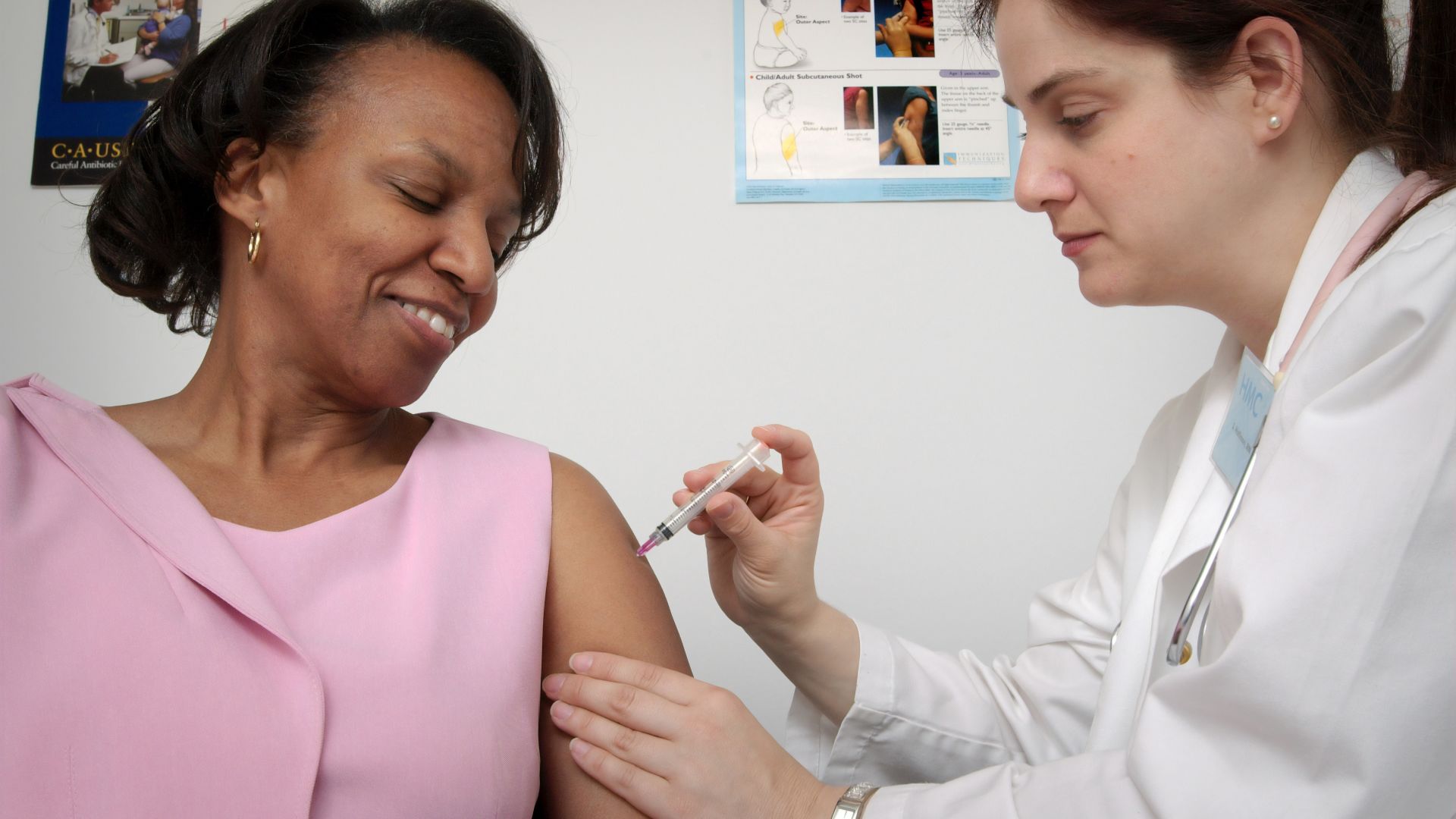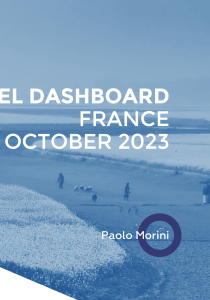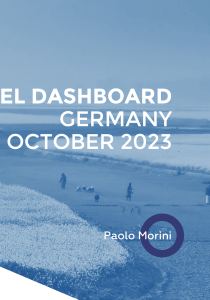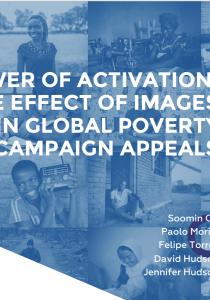
It feels like we're drifting dangerously off course. Just think of the headlines in recent months. Devastating bushfires in Australia and Brazil, and unprecedented global warming. Yet more people forced to flee their homes due to war and conflict. And now, a novel virus spreading around the world, infecting tens of thousands.
For those of us working on sustainable development, these crises are the sign of a deeper global malaise. In 2015, global leaders pledged to achieve 17 ambitious Sustainable Development Goals by 2030. But 10 years from the deadline, progress is much too slow. 2.2 billion people still lack access to clean drinking water. Not one country is on target to reach global targets for gender equality. And levels of income inequality continue to soar.
It's a defining moment for sustainable development. And whether we make it depends on people.
For a start, organisations seeking to achieve sustainable development need a license to operate. To do good work, they need citizen support. Charities need donations and volunteers. Public institutions need trust from taxpayers.
Yet, averting a planetary emergency will require more than moral support from the sidelines. Whether the target is gender equality or climate action, people need to change their behaviours and consumption patterns. They need to pressure governments and businesses into making sustainable development their priority.
All of this means: development organisations needs to get the word out. They need to communicate in ways that speak to people, are relevant to their lives, and ultimately have a real impact on attitudes and behaviours.
The message appears to be getting across. Protesters against domestic violence across Latin America singing Un Violador en Tu Camino; school children walking out of lessons on Fridays to put pressure on governments to act on global warming. Not all protests are "SDG-friendly", but people from all generations and continents have taken to the streets calling for change.
However, they have not yet reached a critical mass. And they face a strong set of sceptics with highly entrenched negative views about sustainability and international development co-operation. The political debate has become increasingly polarised creating hostile environments for different views and different identities.
The complex media landscape doesn't help. Amidst accusations and counter-accusations of fake news, many people have lost trust not just in the media, but also in facts themselves. And as powerful as social media can be, some people worry that clicks have become more important than meaningful content and activism.
So how can we get the word out? How can we build public awareness of and support for sustainable development? How can we change behaviours and attitudes?
We believe that a big part of the answer lies in communications strategies and better campaigns. Campaigns based on evidence, data and evaluations, and drawing on good practices from around the world.
Fortunately, there is a lot of research, data and evidence out there to help us do a better job at communicating. Unfortunately, this research often remains inaccessible, “trapped” in hard-to-read research papers, academic conferences and evaluation databases. Moreover, communications teams often lack the funding, time or skills to conduct surveys and research on public attitudes, evaluate campaigns, or engage in social listening.
These challenges are why we decided to launch the Development Compass! We want to provide development organisations with relevant, practical and easy-to-read advice for their campaigns and strategies. We want to help researchers make their work more accessible, and find the data and ideas they need for future research on public engagement.
On the Development Compass, you will find:
- A rich, open-source repository of data and surveys on public attitudes and engagement.
- A series of blog posts and insights with recommendations for campaigners and communications professionals.
- A growing community of development practitioners and researchers who care about engaging citizens for development work.
Development Compass is a collaboration between the Development Engagement Lab (DEL) and the OECD Development Communication Network (DevCom), and is supported by the Bill and Melinda Gates Foundation. As we get the Development Compass started, we would love to hear from you! If you are a communications practitioner or campaigner, then please tell us what insights you need from research. How can we help inform your next campaign? If you are a researcher or analyst who has worked on public attitudes, then please share your insights with us, for example by writing for the Development Compass blog. You can contact us via [email protected] or [email protected].
Who We Are:
- The Development Engagement Lab (DEL) is a five-year study of public attitudes and engagement with global development in France, Germany, Great Britain, and the United States (2018-2023). DEL convenes and co-produces research and insights with over 30 international development NGOs and government agencies to understand the drivers of engagement and inform development communications.
- The OECD Development Communication Network (DevCom) is a peer-learning platform for communications managers and campaigners from organisations that care about sustainable development. DevCom brings together the latest and best advice on how to build public support and engage citizens for development. Its participants include government ministries, multilateral organisations, charities, foundations.
